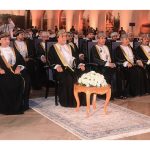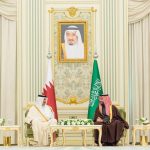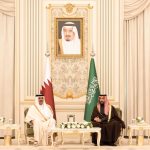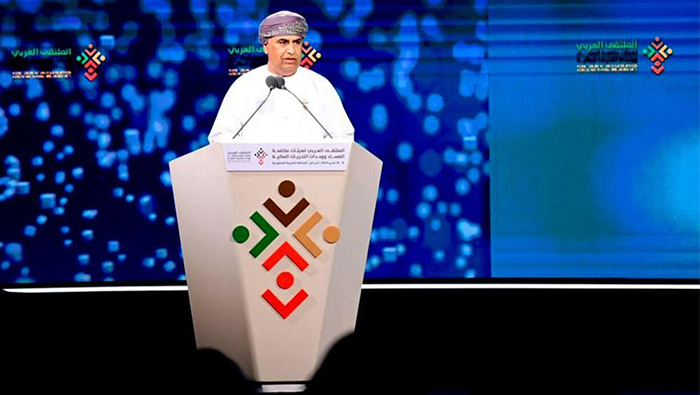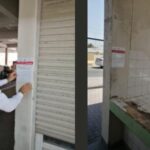The recent participation of the Sultanate of Oman in the Arab Forum of Anti-Corruption Agencies and Financial Intelligence Units held in Riyadh, Saudi Arabia, marks a significant step towards combating financial crimes and money laundering in the Middle East and North Africa. The forum saw the presence of over 600 experts and specialists, including 50 speakers from various institutions and organizations across the region and internationally. The event focused on strengthening joint Arab action against cross-border corruption, enhancing cooperation among authorities combating financial crimes, and sharing successful experiences and practices in the field.
The Sultanate of Oman’s delegation, led by Sheikh Ghuson bin Hilal Al-Alawi, emphasized the importance of activating cooperation mechanisms among anti-corruption agencies and financial intelligence units to enhance capacity building and combat corruption, money laundering, and terrorist financing. Al-Alawi highlighted the need for developing national strategies that focus on directing resources and leveraging opportunities to achieve desired goals effectively and efficiently. These strategies aim to assess and manage risks proactively and preventively, in addition to strengthening efforts to combat and prevent financial crimes.
The forum program included two main sessions, with the first day focusing on utilizing technologies in combating money laundering, overcoming obstacles of financial crimes, enhancing cross-border law enforcement, and building human capacity in fighting corruption and fraud. The session also highlighted financial transparency, the importance of sharing information on beneficial ownership internationally, and combating corruption to achieve economic growth. The second day session aimed to enhance civil society cooperation in monitoring financial crimes, utilizing cloud technologies in anti-money laundering efforts, and promoting collaboration between the public and private sectors for economic progress.
During the second session, techniques for tracking funds, monitoring financial crimes, dealing with corruption risks in markets, and decoding cybercrimes and money laundering were discussed. The effectiveness of compliance measures in combating corruption and money laundering in financial institutions was also assessed, along with reviewing innovative law enforcement methods and evaluating corruption risks among vulnerable political figures and non-profit organizations. The session emphasized a proactive approach to combat money laundering operations and illicit proceeds, as well as the importance of regulations and remedial actions to prevent corruption.
The Sultanate of Oman reiterates the significance of creating legal mechanisms for collaboration and coordination between anti-corruption agencies and financial intelligence units to exchange information on preventing and combating corruption crimes. Emphasizing the importance of exchanging expertise and leveraging regional and international experiences, the Sultanate of Oman aims to strengthen its role in combating and preventing corruption and money laundering offenses, in line with international requirements. With a focus on capacity building and cooperation, the Sultanate of Oman is committed to working towards a more transparent and corruption-free society in the region.


